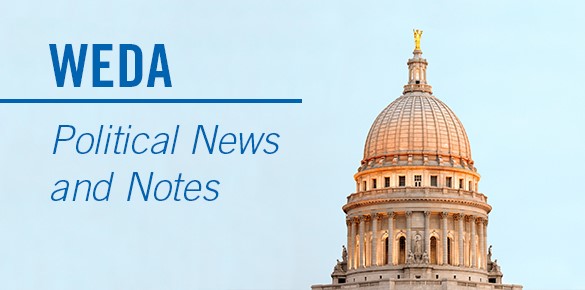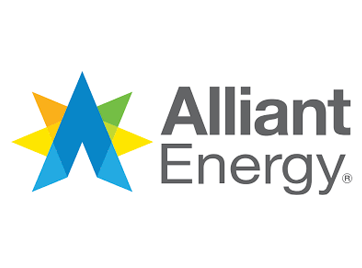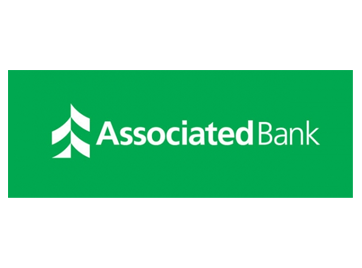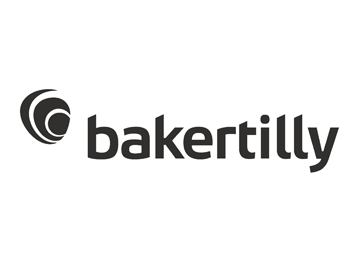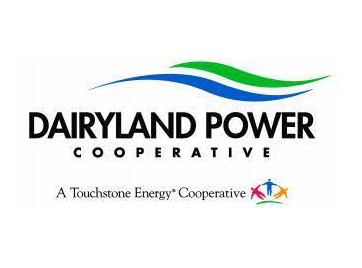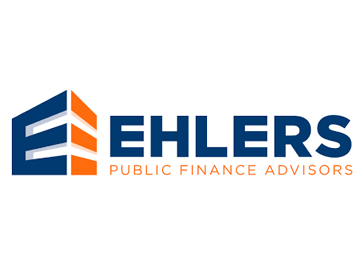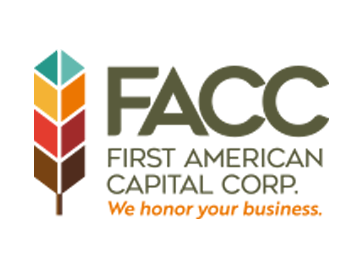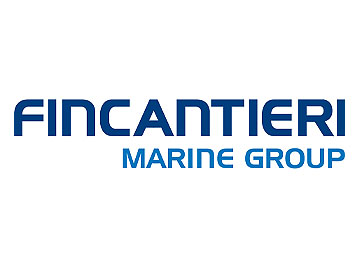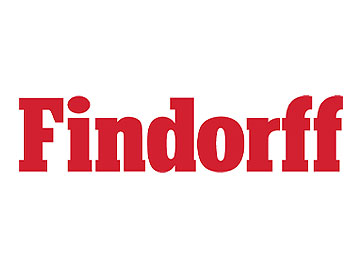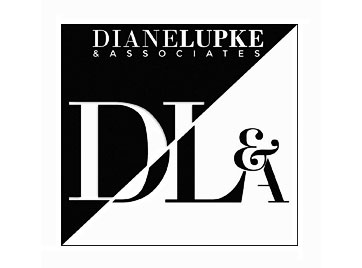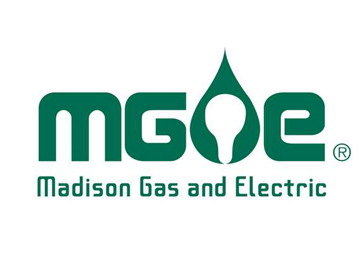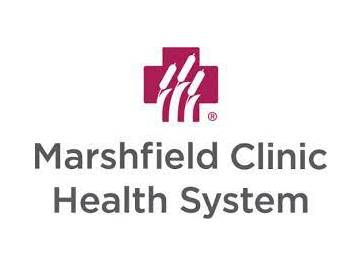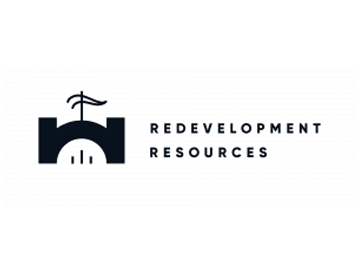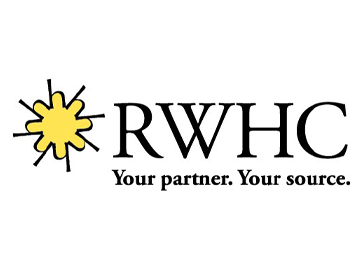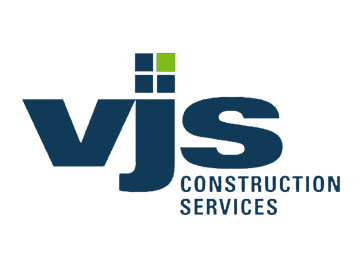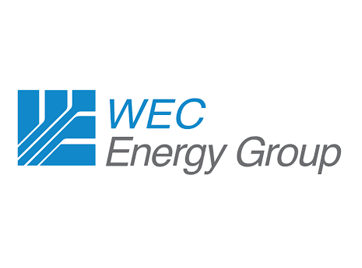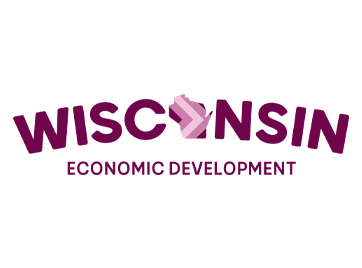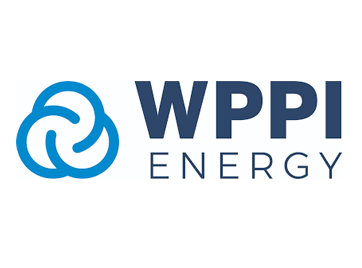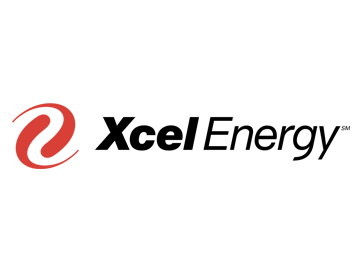Aug. 22, 2018
In This Edition…
- State Submits Proposed CDBG-CLOSE Program to HUD for Approval
- WHEDA Announces Modified Contractors Loan Guarantee Program
- New Marquette University Law School Poll Finds Walker, Evers in Tight Race for Governor
- WEDA Proposes Changes to DOT’s Transportation Economic Assistance Program
- Help Shape WEDA’s 2019-21 Legislative Agenda
- Take Advantage of the Governor’s Cabinet Speakers Bureau
- Quick Notes
State Submits Proposed CDBG-CLOSE Program to HUD for Approval
The WI Department of Administration (DOA) recently submitted its proposed CDBG-CLOSE program to the U.S. Department of Housing and Urban Development (HUD) for approval. The state hopes to receive federal sign-off before the targeted CDBG-CLOSE implementation date of Oct. 1, 2018.
Under the CDBG-CLOSE program, all locally held Economic Development Revolving Loan Funds that were funded by a CDBG award made after 1992 must be returned to the state. In addition to returning all RLF cash on hand, communities have the option to either buy out all outstanding loans in their RLF portfolio or turn over all outstanding loans to the state. Funds paid back to the state will be held for communities and made available in the form of non-competitive grants for eligible economic development projects.
According to DOA, CDBG-CLOSE is designed “to provide the necessary regulatory and financial flexibility for communities to address local needs while simultaneously addressing HUD’s concerns regarding Revolving Loan Funds.”
CDBG-CLOSE Key Points:
- The program will liquidate RLF funds and eventually close all Revolving Loan Funds.
- Communities that opt to buy out all outstanding loans will receive their RLF bank balance plus their purchase of their outstanding balance as grant funding.
- Communities that opt to assign all outstanding loans to the state will only receive credit for their RLF bank balance as grant funding.
- All Revolving Loan Fund Accounts that were originally capitalized by a CDBG award from the State of Wisconsin prior to October 1992, and have not received a subsequent award after October 1992, are not subject to CDBG-CLOSE.
- If a community turns over the responsibility of servicing existing loans to the state, the potential responsibility for re-paying the loan due to the community’s failure to meet a National Objective under the CDBG program will remain with that community.
- CLICK HERE to read the CDBG-CLOSE plan as submitted to HUD.
Please direct any questions or additional information requests on the proposed CDBG-CLOSE program to the WEDA office at weda@weda.org.
WHEDA Announces Modified Contractors Loan Guarantee Program
Governor Scott Walker recently announced $10 million is available to contractors through the Wisconsin Housing and Economic Development Authority’s (WHEDA) Contractors Loan Guarantee (CLG) program. According to WHEDA, the state agency will partner with local lenders to guarantee 50 percent or up to $750,000 on new loans to help contractors pay expenses for working on qualified contracts.
The CLG is designed to help increase access to capital for contractors, which is currently one of the biggest barriers for contractors bidding on construction projects. It helps reduce financial risk for the lender while ensuring that Wisconsin contractors have access to funding. Through a modified CLG program, WHEDA and its lending partners plan to make access to capital quicker and more affordable through the following program enhancements:
- Streamlined Application – The loan approval process has been streamlined and simplified. WHEDA will be utilizing an eligibility checklist that will take approximately one week to approve.
- Expanded Eligibility – The CLG will now be open to general contractors and subcontractors who meet the eligibility criteria.
- Reduced Fees – The only fee will be 3% on the guaranteed amount of the loan at closing. There will no longer be an annual servicing fee.
Walker said the following about the new initiative: “Through the modified CLG program, small and disadvantaged businesses will have greater access to capital for tools, equipment, and payroll for construction projects across the state, including those in Wisconn Valley. This has the potential to help more businesses benefit from Foxconn’s $10 billion investment in Wisconsin. When matched by financial institutions, the impact of the CLG could result in $20 million of capital available to contractors for bidding on construction projects in Wisconsin.”
WHEDA and the Wisconsin Department of Workforce Development are hosting free Wisconn Valley Capacity Building Sessions to educate small and disadvantaged businesses, including those owned by women, minorities, and veterans looking to use the CLG and other state resources to compete for work with Foxconn and other statewide contract opportunities.
The first capacity building sessions was held in Milwaukee on Aug. 15. The next capacity building session is scheduled for Friday, Aug. 24, from 8 to 11 a.m. at the SC Johnson iMET Center, 2320 Renaissance Blvd., Sturtevant.
For more information about Friday’s session and to register for the event (which is required), please visit the state’s Wisconn Valley website.
New Marquette University Law School Poll Finds Walker, Evers in Tight Race for Governor
A new Marquette University Law School Poll released this afternoon shows the race for Wisconsin governor is currently a dead heat. Among likely voters, 46 percent preferred incumbent GOP Governor Scott Walker, while 46 percent backed his Democratic challenger, state schools Superintendent Tony Evers.
In the race for U.S Senate, the poll found likely voters preferred incumbent Democratic Senator Tammy Baldwin over Republican Leah Vukmir, 49-47 percent.
Marquette Poll Highlights:
Governor’s Race
- Among Likely Voters:
- Walker (I) – 46%
- Evers – 46%
- Other – 8%
- Walker Favorability:
- Favorable – 49%
- Unfavorable – 47%
- Evers Favorability:
- Favorable – 38%
- Unfavorable – 27%
U.S Senate Race
- Among Likely Voters:
- Baldwin (I) – 49%
- Vukmir – 47%
- Other – 4%
- Baldwin Favorability:
- Favorable – 46%
- Unfavorable – 42%
- Vukmir Favorability:
- Favorable – 30%
- Unfavorable – 29%
Direction of the State
- Direction of the State:
- Right Direction – 53%
- Wrong Direction – 41%
Top Issues:
- Jobs and the Economy – 24%
- K-12 Education – 22%
- Health Care – 19%
Foxconn
- According to the poll: Forty-four percent think the state is paying more than the Foxconn plant is worth, while 41 percent think the plant will provide at least as much value as the state is investing in the plant. In the July poll, 46 percent said the state was paying too much and 39 percent said it would provide at least as much value as the state was investing.
The poll, which interviewed 800 registered voters, was conducted August 15-19 and is the first poll since the Aug. 14 primary election. CLICK HERE to read the complete poll results.
WEDA Proposes Changes to DOT’s Transportation Economic Assistance Program
For decades, WEDA members and communities have successfully used the state’s Transportation Economic Assistance (TEA) program to accelerate transportation improvement projects critical to economic growth and to encourage businesses to remain and expand in Wisconsin. Unfortunately, recent programmatic changes to TEA grants by the WI Department of Transportation (DOT) have diminished the program’s impact by eliminating its ability to be used for projects that retain existing jobs.
To ensure the program equally recognizes the benefits of both job creation and job retention moving forward, WEDA has asked the DOT to include in its 2019-21 agency budget request a statutory change that would guarantee TEA grant funding for jobs retained by an improvement project.
Although the next two-year state budget bill will not be introduced until early next year, the 2019-21 budget process is already underway. Earlier this summer, the State Budget Office (SBO) issued budget instructions to all state agencies, which have until September 15 to submit their budget requests to the SBO and the governor’s office.
Earlier this month, WEDA sent a letter to DOT Secretary Dave Ross urging his agency to support a provision that would explicitly provide grant funding under the TEA program for job retention. To read the full letter, please CLICK HERE.
Help Shape WEDA’s 2019-21 Legislative Agenda
Although were still enjoying the final days of summer, January will be here before we know it, and with it the beginning of a new legislative session.
While WEDA’s Legislative Committee has determined the broad issue areas the association will advocate for at the State Capitol next year, the committee continues to discuss and identify specific legislative proposals for potential inclusion in WEDA’s 2019-20 Legislative Agenda. WEDA would also like to provide all association members with the opportunity to weigh-in on the Legislative Agenda.
Outside of a handful of miscellaneous issues, such as efforts to close the dark store property tax loophole in Wisconsin, WEDA’s legislative priorities for next session will fall into one of the following general issue categories:
- Workforce Development – Talent attraction and retention; workforce training; and workforce housing policies.
- Tax Incremental Financing – Reforms to Wisconsin TIF law to increase the effectiveness of TIF and provide communities greater flexibility in utilizing the most important local economic development tool in Wisconsin.
- Rural Economic Development – This category includes, but is not limited to proposals to enhance and create programs to drive economic prosperity in rural Wisconsin, such as operations and staffing funding for local EDOs, incentives for workforce housing development, and financial support for local revolving loan funds.
If you have any ideas for a legislative or regulatory proposal (that fits into one of the issue categories listed above) for potential inclusion in WEDA’s 2019-20 Legislative Agenda, please contact the WEDA office at weda@weda.org.
Take Advantage of the Governor’s Cabinet Speakers Bureau
Are you looking for a speaker for your organization’s next event? The Department of Administration invites you to visit Governor Scott Walker’s Cabinet Speakers Bureau webpage.
The Cabinet Speakers Bureau is comprised of top officials overseeing Gov. Walker’s 17 Cabinet agencies. These are executive-level, nationally regarded experts in a variety of areas such as economic development, talent attraction, education, transportation, women in government and more. Among the Cabinet’s many duties is to build awareness of the laws, policies, trends and other elements that support working families, advance Wisconsin’s economy and ensure state government remains accountable to the taxpaying public.
At the Cabinet Speakers Bureau webpage you can review each Secretary’s areas of expertise, access his or her bio, and request an appearance for your next event.
Take a few minutes to visit the Cabinet Speakers Bureau site today!
Quick Notes
♦ According to information recently released by the WI Department of Workforce Development, Wisconsin added 9,100 private sector jobs in July, and the state’s unemployment rate remained at 2.9 percent – the sixth straight month unemployment has been under 3 percent. Based on Bureau of Labor Statistics figures, DWD also reported that Wisconsin added 38,500 private sector jobs from July 2017 to July 2018. CLICK HERE to read the DWD press release on the latest state jobs numbers.
♦ In his first political television ad of the general election, Gov. Scott Walker proposed a talent retention initiative to provide $5,000 for Wisconsin college graduates who live and work in Wisconsin in high-demand fields to help offset student debt.
♦ According to the latest poll from Public Policy Polling, a left-leaning polling firm, Democratic gubernatorial candidate Tony Evers holds a 5-point lead over incumbent Republican Gov. Scott Walker (R). The poll found 49 percent of Wisconsin voters supported Evers, while 44 percent backed Walker. The poll of 600 voters was conducted Aug. 15-16.
♦ The UW System will be asking for nearly $108 million in increased state aid during the 2019-21 state budget cycle. Under the budget request that the Board of Regents will consider this week, the UW System is seeking an additional $82.5 million in performance-based funding and $25 million to address capacity building initiatives for specific campus programs. The System is not asking for a tuition increase, which aligns with Gov. Scott Walker’s intention to extend a tuition freeze for UW campuses.
♦ According to a study prepared by NorthStar Analytics on behalf of the UW System, the System had $24 billion impact in Wisconsin last year, representing a 23-to-1 return on investment for the state. The study further found the UW System’s impact made up 7.7 percent of the state’s total economic activity in fiscal year 2016-2017. CLICK HERE to read more.


